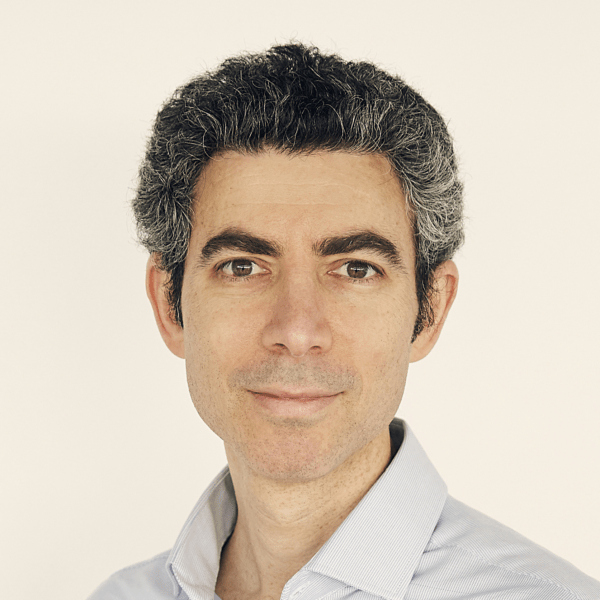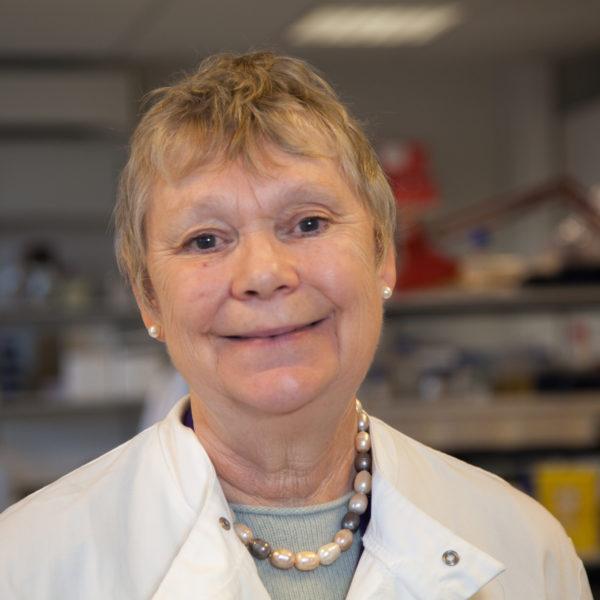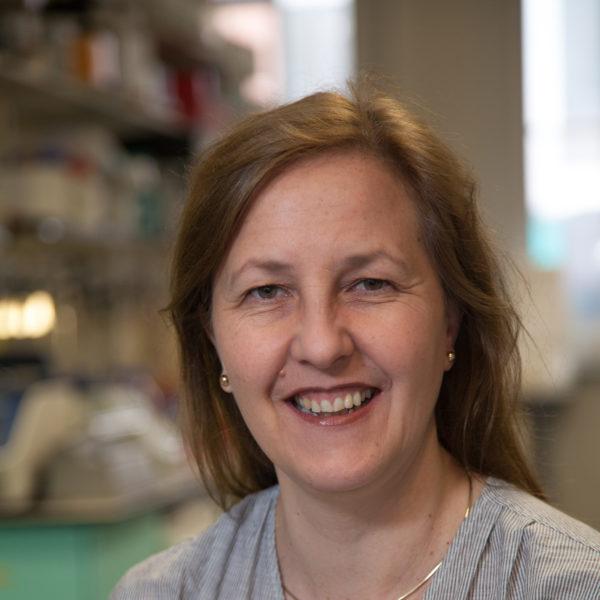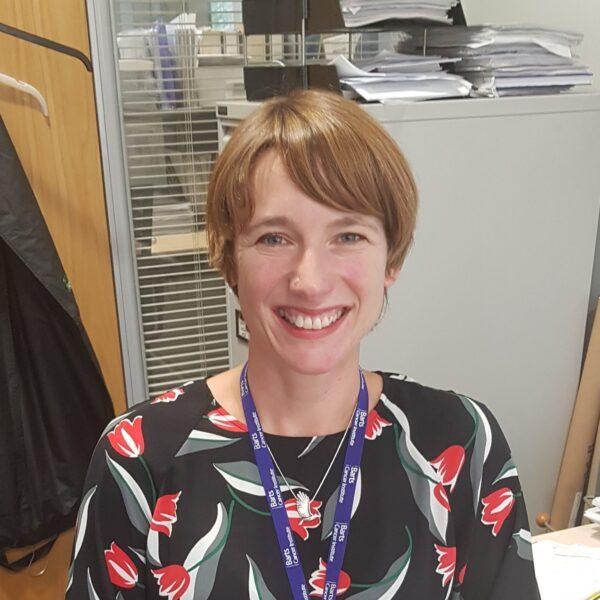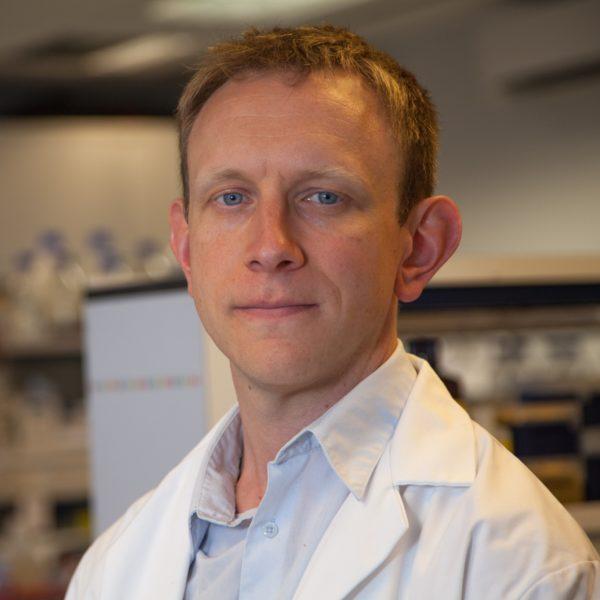Staff Directory
Professor Nitzan Rosenfeld
Director, Barts Cancer Institute; Professor of Applied Cancer Research
The Rosenfeld group develops molecular diagnostic tools for cancer detection, characterisation and monitoring, to help make more informed treatment decisions. We focus on liquid biopsies, in which we analyse blood samples to detect and characterise cell-free circulating tumour DNA (ctDNA).
Professor Fran Balkwill
Professor of Cancer Biology
My research is focused on the links between cancer and inflammation, being especially interested in translating knowledge of cancer biology into new biological treatments for cancer and in the role that inflammatory cytokines play in cancer promotion. We study the tumour microenvironment of ovarian cancer using a platform of human multi-cellular tissue culture models and mouse models to research biological therapies that may prevent relapse and increase patient survival.
Dr Samar Elorbany
Clinical Lecturer
My research focuses on improving the response to therapy in ovarian cancer and other gynaecological cancers. The key aims are to understand the immune effects of chemotherapy and identify targets to enhance anti-tumor effects and overcome therapy resistance. The ultimate goal is to take these findings forward to clinical trials and develop better treatment approaches for cancer patients to prolong survival and reduce the risk of relapse.
Professor Stéphanie Kermorgant
Professor of Cellular Oncology
We study the role of growth factor receptor signalling and intracellular trafficking (movement inside cells) in tumour growth and metastasis in the view of improving cancer therapy.
Professor Michelle Lockley
Clinical Professor of Medical Oncology, Honorary Consultant
Our lab aims to improve treatments for women with ovarian cancer, particularly those that are resistant to chemotherapy. We are interested in developing therapies that can adapt to the evolution of chemotherapy resistance over time such as Adaptive Therapy.
Dr Oliver M. Pearce
Reader in Tumour Extracellular Matrix
The focus of our research is the tumour microenvironment and we are particularly interested in understanding the composition and function of the tumour extracellular matrix in immunosuppression. Cancer types we focus on include ovarian and breast cancers.
Dr Joash Joy
My research focuses on building human tumour models within microfluidic chips that recapitulate features of the tumour microenvironment, such as blood vessels.
Dr Panoraia Kotantaki
My research is focused on the tumour microenvironment of ovarian cancer with a particular focus on the extracellular matrix and how current and novel treatments influence this microenvironment.
Dr Florian Laforets
My research in Prof Balkwill’s group focuses on imaging tumour-associated macrophages and other immune cells in live ex vivo tumour slices, in order to assess their behaviour and the impact of immunotherapies on the live tumour microenvironment.
Dr Beatrice Malacrida
My research focuses on designing 3D in vitro models to understand the contribution of the tumour microenvironment during HGSOC progression.
Dr Nadeem Shaikh
We are using a variety of molecular and cytological techniques to study the mechanisms underlying chromosomal instability (CIN) in high grade serous ovarian cancer (HGSOC) that allow these highly adaptable tumours to become drug resistant.
Dr Irina Titkova
My research focuses on exploiting cell cycle vulnerabilities and signalling rewiring in tumour cells, to find new approaches to treat cancer.

